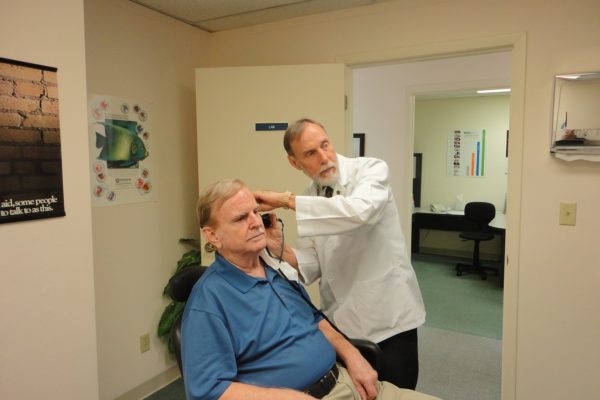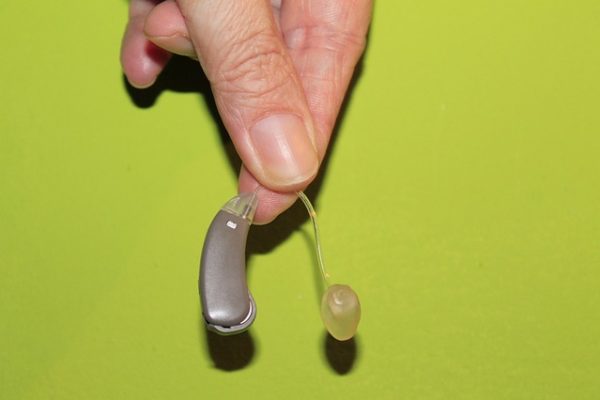

One of the challenges you may face as a user of hearing aids is balancing their use when undertaking sporting activities outdoors or in the gym. Needless to say, taking part in sports will present a bit of a dilemma in regards to keeping the aids in place, maintaining proper hearing, and preventing damage to the devices. Below, find out what to expect and what to do when this time comes.
Most aids will handle gentle sporting activities well
Let’s start off on a positive note. Most hearing aids will handle mild sporting activities with ease. This refers to sporting activities that do not involve too much movement or too much physical engagement with other people. For example, most aids will handle cycling, power-walking, stretching, yoga, and even running on the treadmill quite well. So if you don’t usually get into anything extreme, you have nothing to worry about.
Get customized aids for a better fit
If you take part in sporting activities that require you to move about a lot such that your aids are not staying in place as they should, think about getting customized aids from your audiologist. Customized hearing aids are made using a replica mold of your ears. The process is simple and can be completed in just one day. And they are not pricey either. Custom aids will fit better and even feel better.
Get canal-based aids for extreme sports
Another option for those taking part in extreme sports such as running, martial arts, etc, is to get canal-based hearing aids. Completely-In-Canal (CIC) and In-The-Ear (ITE) hearing aids offer better fits than other models such as BTEs or RICs. So just upgrade to these and enjoy taking parts in sports without too much bother. You could even choose to use these canal-based aids for sports and retain your former aids for standard use. It’s up to you.
Don’t get into the water with your aids on
Whatever you do, however, do not get into the water with your hearing aids on. So if you’re into swimming, diving, rafting, etc, keep your hearing aids out of the water. Remember that hearing aids are electrical devices. If water gets to the aids, it could seep in through the microphone vents and short-circuit the systems. And that might cause irreversible damage to the units.
Watch out for sweat when working out
Still on getting your hearing aids wet, watch out for sweat. Sweat will damage your hearing aids in the same manner as water. So if you’re taking part in workouts that really get your sweat trickling, wear a headband around your ears or keep a towel around to wipe the sweat away occasionally. Or you could opt for the canal-based hearing aids, e.g. the CIC which is out of reach from your sweat.
There’s no reason why you shouldn’t live a full life just because you wear hearing aids. Using the above tips, you can manage to do both while protecting your aids and not compromising on your sporting engagement. If unsure about what to do, consult your audiologist.
For more information about Brand Name Hearing Aids for Less visit us online at: https://valuehearingcare.com/
Connect with us on social media: Facebook: https://www.facebook.com/valuehearingflorida/
Twitter: https://twitter.com/Value_Hearing



